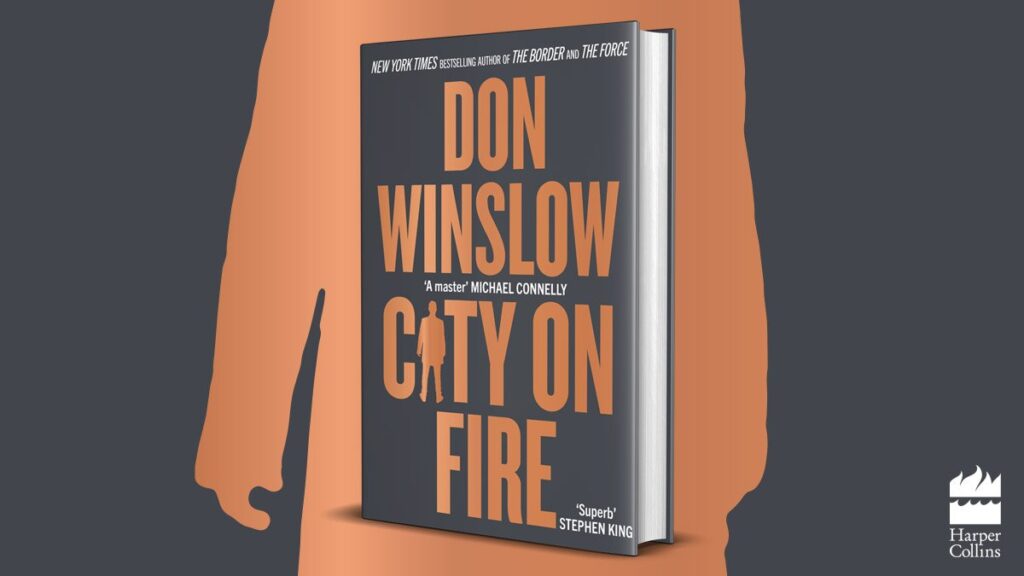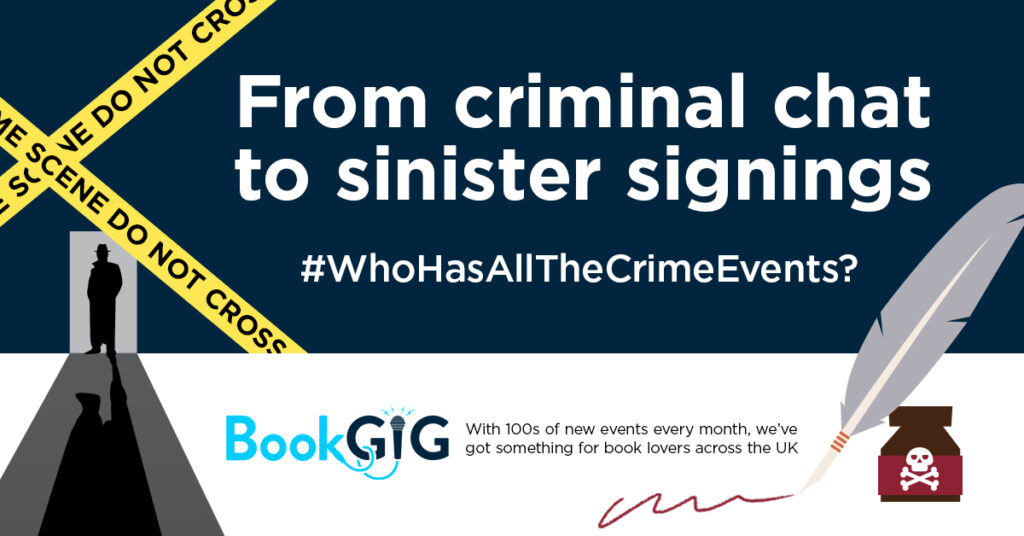 Daniel Blake’s chilling new thriller, White Death, is set in the world of pro chess. To celebrate publication, Daniel has been kind enough to write a piece especially for us, explaining the three vital qualities chess brings to the crime novel…
Daniel Blake’s chilling new thriller, White Death, is set in the world of pro chess. To celebrate publication, Daniel has been kind enough to write a piece especially for us, explaining the three vital qualities chess brings to the crime novel…
Chess metaphors abound in crime fiction. A master criminal uses people as pawns. An impasse is stalemate, a victory checkmate. A detective will try a gambit. The denouement is an endgame. But chess itself is much more rarely used by crime novelists, and it’s not hard to see why. Put bluntly, the game has a massive image problem. Where backgammon enjoys the patina of upmarket gentlemen’s clubs and poker the grungy cool of smoke-filled rooms and vast jackpots, chess is seen as the province of nerds with BO and hair greasy enough to fry chips in.
Since I play chess, apply regular deodorant and have precious little hair left (greasy or otherwise) this portrait of the chess player as über-spod has always irked me a little. I set White Death against the background of pro chess because the game brings three vital qualities to the crime novel: intelligence, intimidation and insanity.
First, intelligence. Most crime novels are puzzles in one way or another, and so need protagonists bright enough to set and solve intellectual problems, no matter which side of the law they stand: what are Sherlock Holmes and Hannibal Lecter if not two faces of the same coin? When it comes to chess, which has more possible positions than there are atoms in the universe, intelligence is a given, even if it manifests itself in strange ways. In one of Garry Kasparov’s most famous games, he calculated 15 moves ahead through thickets of possibilities multiplying exponentially on each move: and yet afterwards he said that he hadn’t so much worked it out as felt it, as though this was more hardwired instinct than learned behaviour.
Second, intimidation. The concentration needed to win at top-level chess is so intense and excruciating that it becomes physical. You’re not just trying to work out your own moves but also your opponent’s too: how best to combat him, how he might try to outmanoeuvre you. In this respect, world championship chess resembles a heavyweight boxing bout or a Grand Slam tennis final. There’re only two of you out there, going mano a mano: your backroom team have done all they can to prepare you, but in the heat of battle they’re irrelevant. When Nigel Short played Kasparov for the world title in 1993, he said that Kasparov’s aggression was so naked and physical that he, Short, felt waves of Kasparov’s energy battering against him. Nothing illegal, of course, but hugely effective: Kasparov won the match at a canter.
Finally, insanity. Expending such vast amounts of cerebral, psychic and physical energy can take its toll, and chess history is littered with those who strayed too close to the edge. The great 19th-century player Paul Morphy was found dead in a New Orleans bathtub filled with women’s shoes. Wilhelm Steinitz, the first official world champion, suffered delusions that he was playing chess with God (and winning, of course!) Most (in)famous of all was Bobby Fischer, who beat Boris Spassky at the height of the Cold War in 1972 and then went off the rails: paranoia, California cults, a US arrest warrant after defying UN sanctions in war-torn Yugoslavia, and a hateful anti-Semitic polemic in the aftermath of 9/11.
But Fischer understood chess in a way few ever have, and it was one of his quotes which first set me thinking that this would be a good topic for a crime novel. ‘Chess is war over the board,’ he said. ‘The object is to crush the opponent’s mind. I like the moment I break a man’s ego.’ On the board as on the page; on the page as in life.


